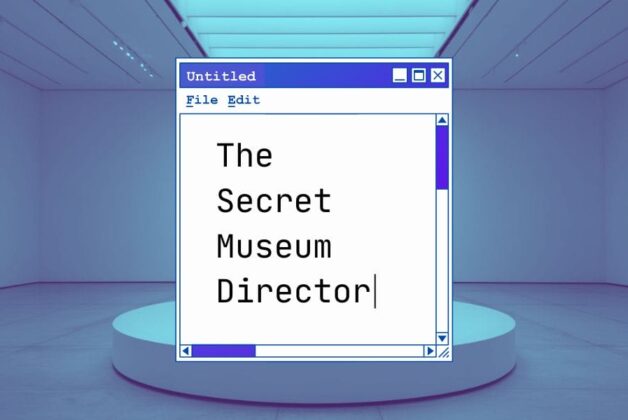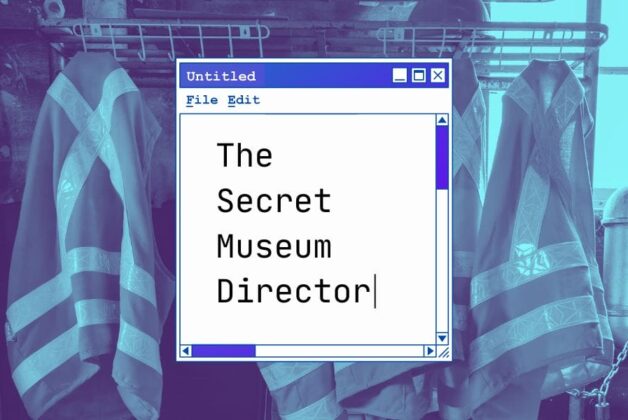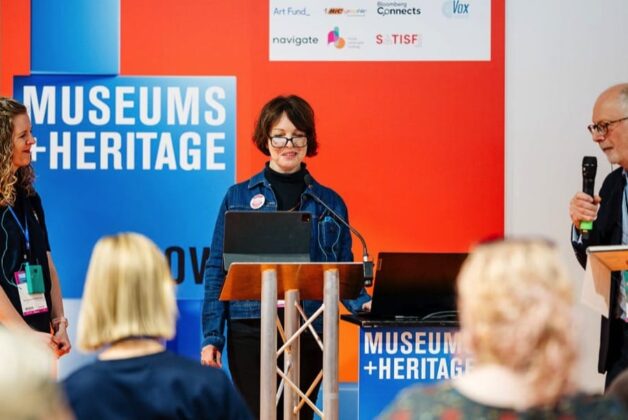Image: A grant of £20,000 has funded the ‘The Work Furnace’ run by the Eastern Angles Theatre Company © Historic England Archive
England has world class heritage at the heart of every community. It is all around us and at Historic England we believe that it’s for everyone. It should be accessible and relevant to everyone who lives and visits here, whatever their socio-economic background, race, religion, age, sexuality, gender, disability, or health.
We know that historic places matter to people. The public identify heritage as one of the top three things that make them proud of their country and 93% of people agree that their local heritage raises their quality of life- it makes people feel good. But as a sector, we know that we have a long way to go to make heritage more inclusive.
We’re not currently reaching large sections of the population, there are economic barriers to heritage participation and a lack of diversity within the sector workforce which doesn’t reflect our increasingly diverse society.
Whilst we have already taken steps to be more inclusive, there is much more to do. What we know is that an inclusive heritage sector is also a more resilient one, which better represents and addresses the needs and concerns of society, and is relevant to a greater number of people.
Inclusive advice for the heritage sector
To address this imbalance the Historic Environment Forum’s recent sector resilience plan laid out a priority action for the sector: to develop an online Diversity and Inclusion Hub. The idea behind this Hub would be to provide advice, signpost available support, share standardised data collection templates and offer an online community of practice to encourage and enable mentoring, as well as community support for all kinds of heritage organisations looking to increase the diversity of their staff and audience. But what does this really mean in practice? I think of it as a toolbox of advice, resources, case studies and testimonies. It’s intended to help colleagues across the sector to engage with inclusive heritage, better understand how important it is and implement positive changes in their own spheres, whether big or small, to help us move towards a more inclusive environment for all.
This Hub has now been developed and I’m proud to say it’s open to all colleagues in the sector. It sits on the Historic England website and contains digestible information for any organisation wishing to celebrate inclusive heritage and ensure their work is as diverse and inclusive as possible.
An evolving resource
As a resource it has been growing for some months and will continue to evolve. There are currently over 50 guidance articles and case studies but by the end of October there will be around 100. Topics covered currently range from exploring diverse workforces in the heritage sector and collaborating with diverse audiences, to exploring all sorts of different histories and boosting inclusion, diversity and equality training. Our biggest section in the Hub so far focusses on diversifying Boards and Governance roles in the sector, which will soon include 27 guidance articles, a host of case studies, plus recorded workshops and panels.
Some of the resources have been created by our Inclusive Heritage team at Historic England, but many others have been commissioned externally. The content was developed following one to one meetings with key partners in organisations such as SPAB (Society for Protection of Ancient Buildings), the Twentieth Century Society and Victorian Society, alongside a series of round tables hosted with the Heritage Alliance. It has been a collaborative process from the very beginning. This is a Hub for the sector, made by the sector.
Historic England needs you
We want colleagues from across the heritage sector to feel a sense of ownership over this growing resource. We want to hear from you about what you need to see on the Hub- what’s missing, what’s working and what isn’t? Perhaps you have case studies you’d like to share to demonstrate lessons learned from inclusive heritage practice or working with diverse groups? We’d love to hear them. The Hub is intended to be a carefully curated, evolving resource. We want it to be helpful and to be used. Get in touch by emailing us at [email protected] and you can find our advice on how to contribute a case study here.
Join us for an online launch event in September
To celebrate the launch of the Hub, Historic England’s Inclusive Heritage Team is hosting an online launch event on 11 September from 11am-12:15pm. The event will feature a showcase of the Hub, as well as highlighting some of the team’s work, including our Everyday Heritage Grants programme, the Sector Wide Workforce Diversity Survey, and our Disability Access to Heritage Research Project. You can register for the event here.






